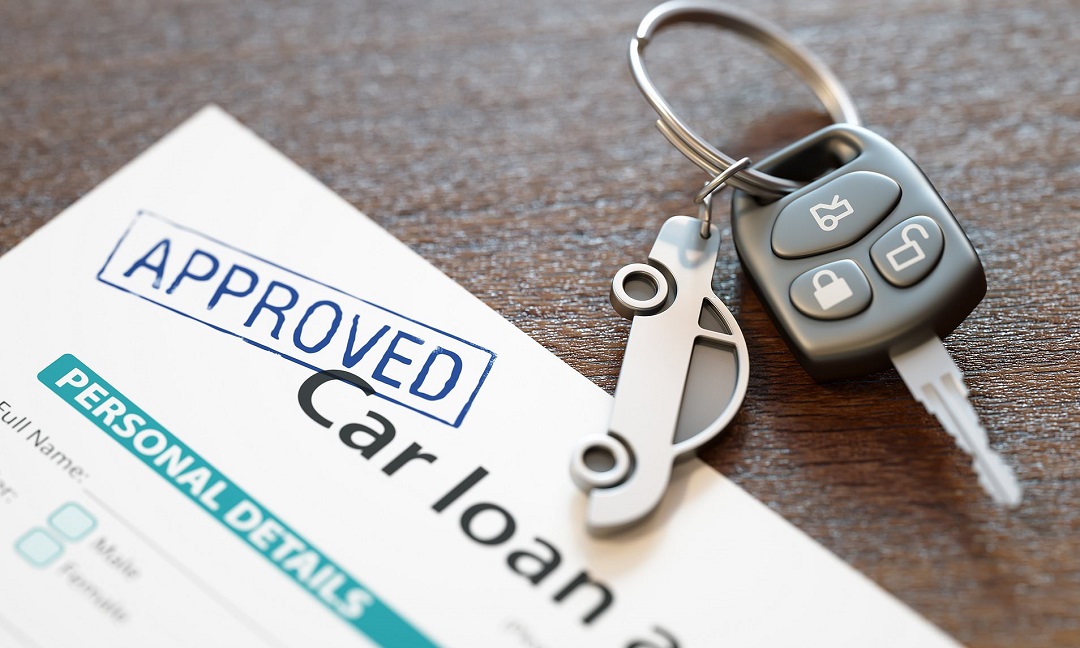Why financing a car is the most solid way to build your credit.....
Building and maintaining a strong credit score is a crucial aspect of personal finance. A solid credit history can open doors to various opportunities, from obtaining favorable interest rates on loans to securing better housing and job prospects. While there are several strategies to enhance your creditworthiness, one often overlooked method is financing a car. In this blog post, we will explore why financing a car can be a solid way to build your credit and the steps you can take to make the most of this opportunity.
Understanding Credit Scores
Before delving into the specifics of financing a car, it's essential to understand how credit scores work. A credit score is a numerical representation of your creditworthiness, ranging from 300 to 850. The higher your score, the more favorable terms you can expect when applying for credit. Credit scores are determined based on several factors, including payment history, credit utilization, length of credit history, types of credit in use, and new credit accounts.
Your payment history, which accounts for the largest portion of your credit score, reflects how consistently you make payments on time. Late payments, defaults, and bankruptcies can significantly impact your credit score negatively. This is where financing a car comes into play as a strategic move to bolster your credit history.

Financing a Car and Your Credit Score
- Establishing a Credit History: When you finance a car, you're essentially taking out an installment loan. Unlike credit cards, which are revolving credit, installment loans have fixed monthly payments over a predetermined period. By successfully managing this type of credit, you demonstrate your ability to handle different forms of debt responsibly. This positively influences your credit mix, one of the factors contributing to your credit score.
- Diversifying Your Credit Portfolio: Creditors like to see a diverse mix of credit types on your report. Adding an installment loan to your credit portfolio diversifies the types of credit you're managing. This can contribute positively to your credit score and signal to lenders that you can handle various financial responsibilities.
- Improving Credit Mix: The composition of your credit accounts matters. Lenders want to see that you can manage both revolving credit (like credit cards) and installment loans (like car loans). A mix of credit types indicates that you can handle different financial obligations responsibly.
- Building Payment History: Timely payments are the backbone of a positive credit history. When you finance a car, you commit to making regular monthly payments. Consistently meeting these obligations demonstrates to creditors that you are a reliable borrower, enhancing your payment history and, consequently, your credit score.

Steps to Optimize Your Credit-Building Journey
- Know Your Credit Score: Before embarking on the journey of financing a car, it's crucial to know your current credit score. This information helps you understand the terms you might qualify for and enables you to identify areas for improvement.
- Research and Compare Lenders: Not all lenders offer the same terms and conditions. Research various lenders, including traditional banks, credit unions, and online lenders, to find the one that offers the most favorable terms based on your credit profile.
- Set a Realistic Budget: Determine how much you can afford to spend on a car while comfortably meeting your other financial obligations. Setting a realistic budget ensures that you can make your monthly payments without jeopardizing your overall financial stability.
- Negotiate Favorable Terms: When finalizing your car financing deal, don't hesitate to negotiate. Interest rates, loan terms, and other conditions may be negotiable. Securing the best possible terms can make a significant difference in your overall financial picture.
- Make Timely Payments: Once you've secured car financing, prioritize making timely payments. Set up automatic payments if possible to avoid accidental late payments. Consistency in your payment history is key to reaping the credit-building benefits of financing a car.
- Monitor Your Credit Report: Regularly check your credit report for accuracy. Report any discrepancies or inaccuracies to the credit bureaus promptly. Monitoring your credit report allows you to stay informed about your credit status and address any issues that may arise.
- Consider Refinancing: If your credit improves after a period of successful car loan payments, explore the possibility of refinancing. Refinancing can help you secure better terms and potentially lower your interest rate, saving you money in the long run.
Conclusion
Financing a car is more than just a means to acquire a vehicle; it can be a strategic move to build and strengthen your credit. By understanding the factors that influence your credit score and taking steps to optimize your credit-building journey, you can use car financing as a valuable tool in achieving financial well-being. Remember, the key lies in responsible financial management, consistent payments, and a proactive approach to monitoring and improving your credit score over time. Now you know why financing a car is the most solid way to build your credit.
